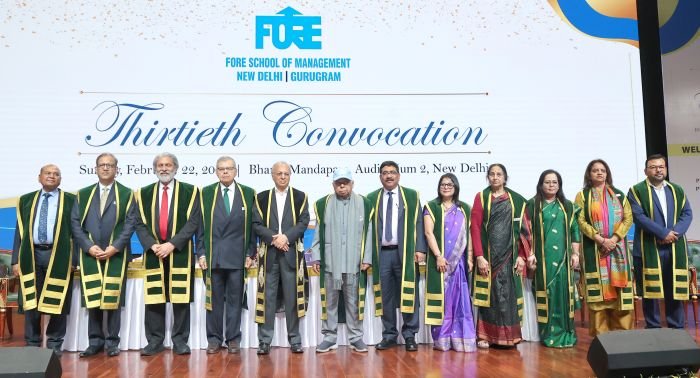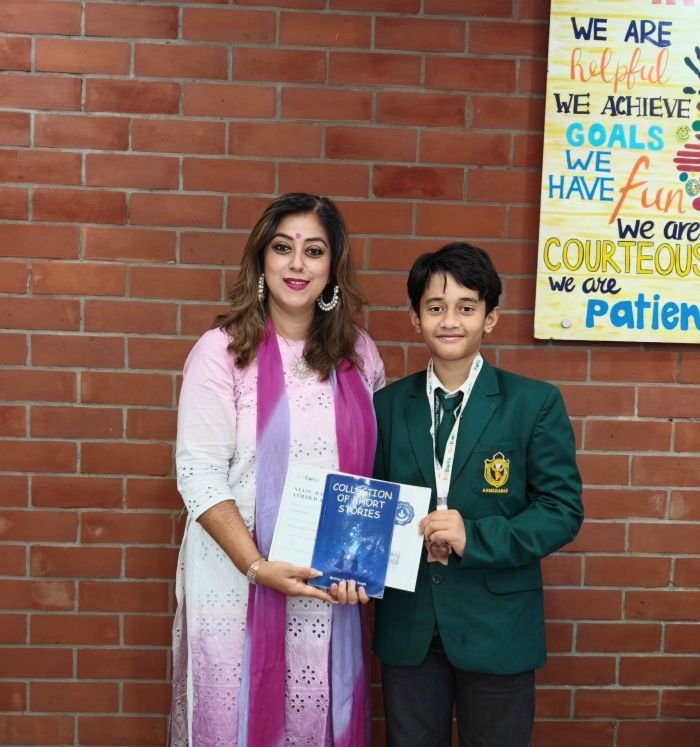The dates for the Common Law Admission Test 2020 (CLAT) have been declared and will be conducted on August 22, 2020.
Amandeep Rajgotra, National Product Head LAW, PRATHAM TEST PREP, shares a few preparation tips for aspirant students

The exam (also called the ‘CLAT’) is an aptitude-based exam where the intent is to test the student’s interest towards law and not their knowledge of law. A degree in law has got huge popularity since many decades, and the reason which makes it a favorable choice for students is primarily that the course is neutral to all the streams whether commerce or engineering. Further, it has huge scope in terms of career and respect in the society.
Keeping this intent in mind, the CLAT consortium has come up with a new pattern wherein they also plan to extensively test the student’s reading and comprehending skills as they feel that these skills are imperative for the budding law aspirants. Hence, the approach that was best suited for the old pattern of CLAT, may not be the same for CLAT 2020.
CLAT comprises 5 sections, namely English Language, Current Affairs, including General Knowledge, Legal Reasoning, Logical Reasoning and Quantitative Techniques, each section requiring a different approach. However, one thing that stays uniform throughout the five sections is your Reading and Comprehension skills.
Section wise strategy
It is recommended that one should develop a reading habit. Read editorials and newspapers daily and focus more on burning Socio Legal issues among other things from reputed media houses. If that is something you have not been doing already, it is recommended to create a depository of the important editorial articles from the last one year and go through them thoroughly. It will definitely help you at this stage.
There’ll be a lot of passages this year, (up to 450 words each) so one must develop a habit of sitting, reading and solving problems for more than 2 hours at a stretch. Go through the sample papers and analyse the type of questions that are asked in these exams. Also don’t forget to go through the previous year papers. Though there is a new pattern this year, the previous years question papers will help you to understand the basic concepts and the approach to such an exam. This has also been reiterated by the CLAT consortium in their notifications/tweets.
1. Current Affairs: As per the CLAT website, the passages will be derived from news, journalistic sources and other non-fiction writing. The questions may include an examination of legal information or knowledge discussed in or related to the passage, but would not require any additional knowledge of the law beyond the passage. To understand the topics and kinds of questions important for the exams, one should go through the previous year papers. Identify the topics on which questions are asked. Read editorials / opinions on burning socio-legal news that took place between May 2019 to present.
2. English Language: Practice reading comprehensions on a daily basis and make sure you are used to solving reading comprehension questions at a stretch because you’ll have to do the same while appearing for the exam. Practice solving Reading Comprehension on screen to replicate the experience that you’ll face in the exam.
3. Quantitative Techniques: As per the official website, “Quantitative Techniques section of the UG-CLAT 2020 will include short sets of facts or propositions, graphs, or other textual, pictorial or diagrammatic representations of numerical information, followed by a series of questions.” The best way to solve this section is through practice. The more you practice, the better you’ll get.
4. Logical Reasoning: One should expect Verbal Reasoning questions dominating the section. As per the official website there’ll be multiple short paragraphs based on which questions would be asked. If you are good at critical reasoning, you’ll have a great advantage.
5. Legal Reasoning: The passages may relate to fact situations or scenarios involving legal matters, public policy questions or moral philosophical enquiries. One will benefit from a general awareness of contemporary legal and moral issues to better apply general principles or propositions to the given fact scenarios. The best part is that the preparation for Current Affairs and Legal Reasoning go hand in hand. Read about the socio legal issues prevalent in the country. One should also expect Principle Fact based questions in their CLAT 2020.
It is clearly mentioned on the official website that through the paragraph, one would have to identify and infer the rules and principles set out in the passage and apply such rules and principles to various fact situations. So, make sure you are conceptually clear when it comes to Torts, Contract, Criminal Law or The Indian Constitution.
The ideal way to practice questions and assess your preparation is through the help of Mock Tests. Prepare for all these sections and attempt as many mocks as possible. One should analyse their mocks post their attempt.







